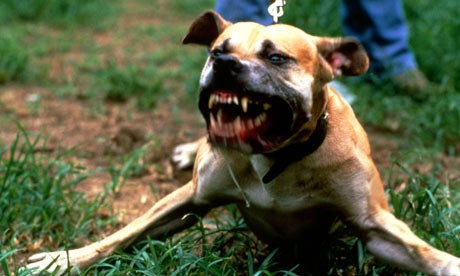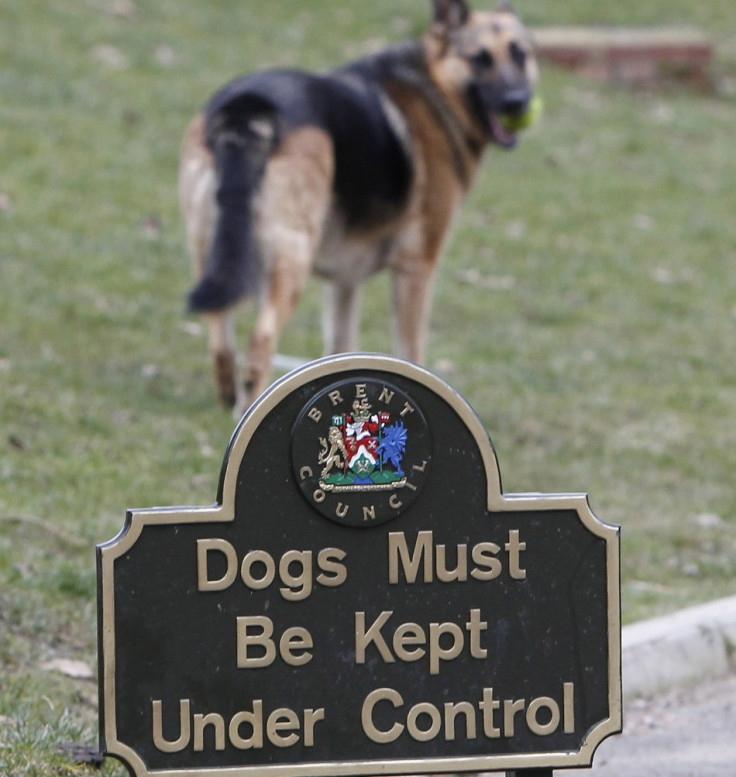More Dangerous Dog Owners to Face Jail with New Guidelines
Sentencing guidelines broadened to focus on vulnerable, victims such as elderly and disabled.

Owners of dangerous dogs who allow them to attack other people or animals are more likely to face jail with the release of new sentencing guidelines.
Serious incidents of dogs being allowed to injure someone could see the owner face a maximum sentence of 18 months, according to the guidelines released by the Sentencing Council.
The guidelines have been broadened to pay particular attention to "vulnerable people", such as children, the elderly and the disabled.
The government claims it is sending a message that the responsibility for a dog's actions lies with the owner. The maximum sentence represents a tripling from previous levels, where six months was the most an owner could get following an attack.
The top of the sentencing range for the ownership of a prohibited breed of dog has also been set at six months.
Animal welfare minister Lord Taylor of Holbeach, said:" We've seen tragic instances of attacks by dangerous dogs and irresponsible ownership has a serious impact on many of our communities.
"The government recently announced proposals to clamp down on dangerous dogs - sending a clear message that dog owners are responsible for keeping their animals under control.
"The new guidelines from the Sentencing Council show the seriousness with which this problem is being taken."

The new guidelines come amid concerns over an apparent increase in dangerous dog attacks and follow a period of public consultation in which more than 500 responses were received.
The Sentencing Council, made up of eight judges and six criminal justice representatives, increased its proposed maximum sentence, originally set at 12 months, following the consultation.
Anne Arnold, district judge and member of the sentencing council, said: "Most dog owners are responsible and take good care of their pets, but we've seen more and more cases coming before the courts of owners who have put the public at risk or let their dog cause injuries - sometimes very serious - to people.
"As a result, this new sentencing guideline encourages courts to use their full powers when dealing with offenders so that they are jailed where appropriate. It also gives guidance to courts on making the best use of their powers so that people can be banned from keeping dogs, genuinely dangerous dogs can be put down and compensation can be paid to victims."
The Dangerous Dogs Act, 1991, banned the ownership of specially controlled dogs, focusing on four breeds: pit bull terrier, Japanese Tosa, Dogo Argentino and Fila Brasileiro.
The number of people convicted of dangerous dog offences have increased by 171 percent in the last 10 years, with 1,192 facing charges in 2010.
Trevor Cooper, the legal consultant for the welfare charity Dogs Trust, welcomed the changes, which he claimed would assist in making sentencing consistent.
"These new guidelines will encourage courts to focus on the key factors of the culpability of the owner and the amount of harm to the villain," he said.
"This tougher approach should serve as a stiff reminder to dog owners to keep their pets under proper control and behave responsibly."
The new guidelines will be used in courts from 20 August.
© Copyright IBTimes 2025. All rights reserved.



















